Approaches to the prevention of cardiovascular disease should be tailored to each individual. But almost everyone will benefit from lifestyle interventions that have been shown to reduce cardiovascular risk.
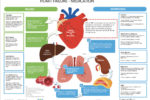

This resource is fully searchable using the search box at the top of the page, or to narrow down your selection using filters click on 'Knowledge hub' in the main navigation.

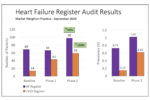

Here you will find:

![]() More than 500 articles especially written by colleagues to support your care of patients with the cardiovascular diseases commonly seen in primary care.
More than 500 articles especially written by colleagues to support your care of patients with the cardiovascular diseases commonly seen in primary care.
![]() Articles on the diagnosis and treatment of patients with cardiovascular conditions such as:
Articles on the diagnosis and treatment of patients with cardiovascular conditions such as:
…and more.
![]() Simple and informative infographics which will answer questions such as “How do these drugs work?”, “What causes this heart condition?” and much more.
Simple and informative infographics which will answer questions such as “How do these drugs work?”, “What causes this heart condition?” and much more.

Ischaemic or coronary heart disease is the single leading cause of death in any Western population but more critically is one of the leading causes of premature deaths (i.e. deaths 75 years) in both men and women. There are numerous risk factors for ischaemic heart disease and understanding these and other comorbidities is critical to achieving optimal outcomes.
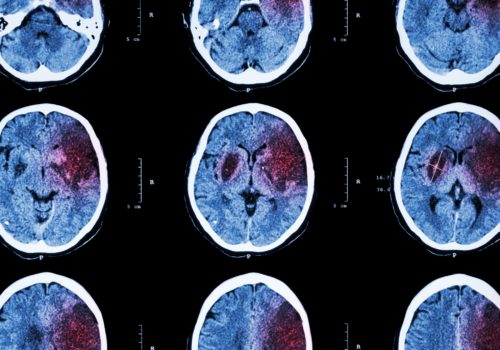
GP practices have a central role in the prevention of stroke. This review assessed the adequacy of primary and secondary preventive interventions that were provided for patients who were on the stroke register between January 2009 to December 2012, in the six months before and after a stroke. Eight GP practices in a deprived locality of North London participated in the review.

This case study describes the diagnosis and management of atrial fibrillation (AF) in a 70-year old obese male who was referred for cardiac assessment after developing shortness of breath, which had worsened progressively over the previous three months. The case study highlights the role of thromboembolic risk reduction which is the cornerstone of AF management and which can only be achieved with proper anticoagulation.
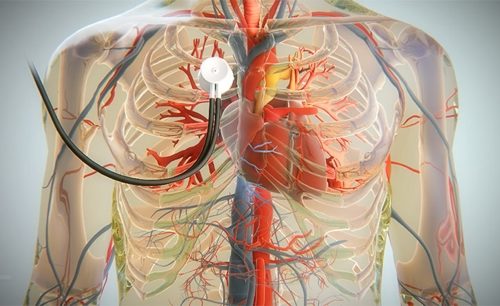
Heart valve disease is an often neglected chronic condition that is found incidentally through investigation of other conditions, such as echocardiography of a patient with suspected heart failure. However, with the ageing population the prevalence of valve disease is likely to explode over the coming decades.

HRT has been shown to reduce future risk of cardiovascular disease when taken within ten years of the menopause. Some experts recommend that HRT is considered as part of a general prevention strategy at the onset of the menopause. However, some doctors and nurses feel apprehensive about this as they are confused about the association of HRT with cardiovascular disease.

In general, deaths from cardiovascular disease (CVD) are falling, except for the forgotten CVD, dementia. The rate of dementia is rising year on year and it is now one of the top 5 causes of death in the UK. Risk factors for dementia are similar to other CVDs and risk modification can reduce the risk of development of the condition.
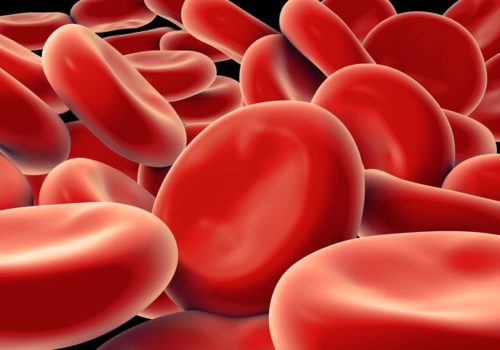
Stroke related to atrial fibrillation can be prevented effectively through the use of anticoagulants. This article reviews recent guidelines, clinical trials and real-world evidence with non-vitamin K antagonist oral anticoagulants (NOACs) in patients with AF and provides practical guidance on the use of these newer agents in primary care.
A unique new e-platform for primary care

For healthcare professionals in countries with applicable health authority product registrations. The content may not be approved for use in your specific region or country. Please review the applicable product labelling for your country for indications and instructions prior to use. If not approved, please exit this site.
We use cookies to ensure that we give you the best experience on our website.
By continuing to this site you are confirming that you are a healthcare professional and are opting into the use of cookies.
Yes, proceed to the site


















